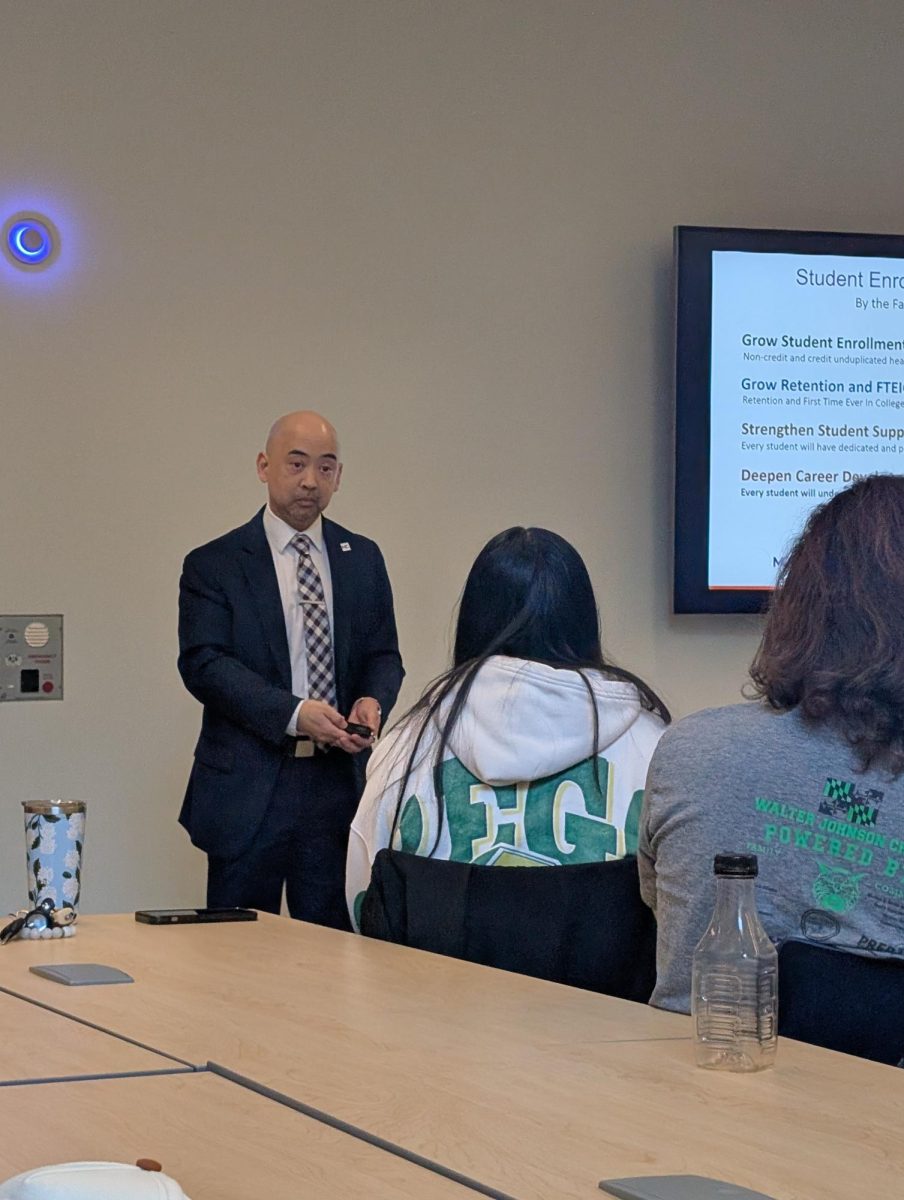Original: March 8, 2011 Issue 12
By: Jason Gassert
Staff Writer
Dr. Hani Miletski, a sex therapist, has over the past few years dealt with a wide range of some sensitive sexual disorders, such as rape, victims of rape, pedophilia, victims of pedophilia, and bestiality.
How is she able to remain objective and helpful as a therapist despite her own social normality regarding being in front of a pedophile?
“I try to find something in them that I like, something to me that lets me know that this person is a real person, not just a rapist or a pedophile. There is good in almost everybody. What I don’t like are the aggressive ones, the narcissistic ones, those people I can’t help,” Miletski said.
On March 22, Montgomery College’s Rockville Campus received guest speaker Dr. Hani Miletski, a licensed sex therapist for an hour long question and answer session in Macklin Tower, part of the M.C. Brown Bag series. The turn-out for the q and a was impressive, with the majority of the psychological department on campus in attendance as well as upwards of 40 students.
After undergrad at UMD, she went onto Washington University, where she began her social work performing a dissertation, specifically studying 82 men and 11 women who claimed they preferred to have sex with animals, specifically dogs.
She practices out of Bethesda where she deals with a wide range of sexual disorders, from erectile dysfunction, to pedophilia and even bestiality.
She describes herself as being very behavioral oriented and aggressive when it comes to getting at the root of the client’s problem, by evaluating their entire realm of environmental dynamics. Most of her clients’ sexual problems are socio-cultural in nature, whereas something in the past or present environment has affected the client’s or couples’ ability to achieve healthy intimacy.
There are some far reaching cases such as bestiality, or pedophilia, but despite the taboo, usually her treatment methods stay along the lines of psychoanalysis and behavorialism.
Her focus is very in depth, she learns very early on what her clients “will do and what they won’t do” and forms her model of treatment. She likes to give homework assignments, and when a student asked what homework she was referring to she said, “Well, a very popular homework assignment is to masturbate. If a client comes into the office and their not in the mood to have sex, I’ll send them home to masturbate.” She describes the majority of the actual therapy having to be done at home, because there is only so much the client can accomplish in her office.
The Advocate asked her: “You have dealt with a very broad range of sexual disorders, some of which are considered very taboo. How do you decompress? Do you find that your professional life interferes with your capacity for intimacy?”
She responded by saying, “I have a very great husband. I met him during my dissertation, and I was worried that what I was doing and choosing as a career might interfere with us being together, and told him I would need him to help me and let me talk to him when it gets rough. He’s great. Also, there are a lot of other medical professionals in the office where I work, and after every session, it doesn’t matter what it is, I’ll just go into the bathroom and collect my thoughts, and if there is someone in there, I’ll try to talk to them, or they might try and talk to me, just to make sure that everything is okay. I also take care of myself. I exercise, I eat right, I get nine hours of sleep at night. All these things help keep me grounded.”
It seems sex is recession proof. A student in the crowd asked if the recession has affected her practice, and she replied, “No actually, it hasn’t. I’m completely booked.”







